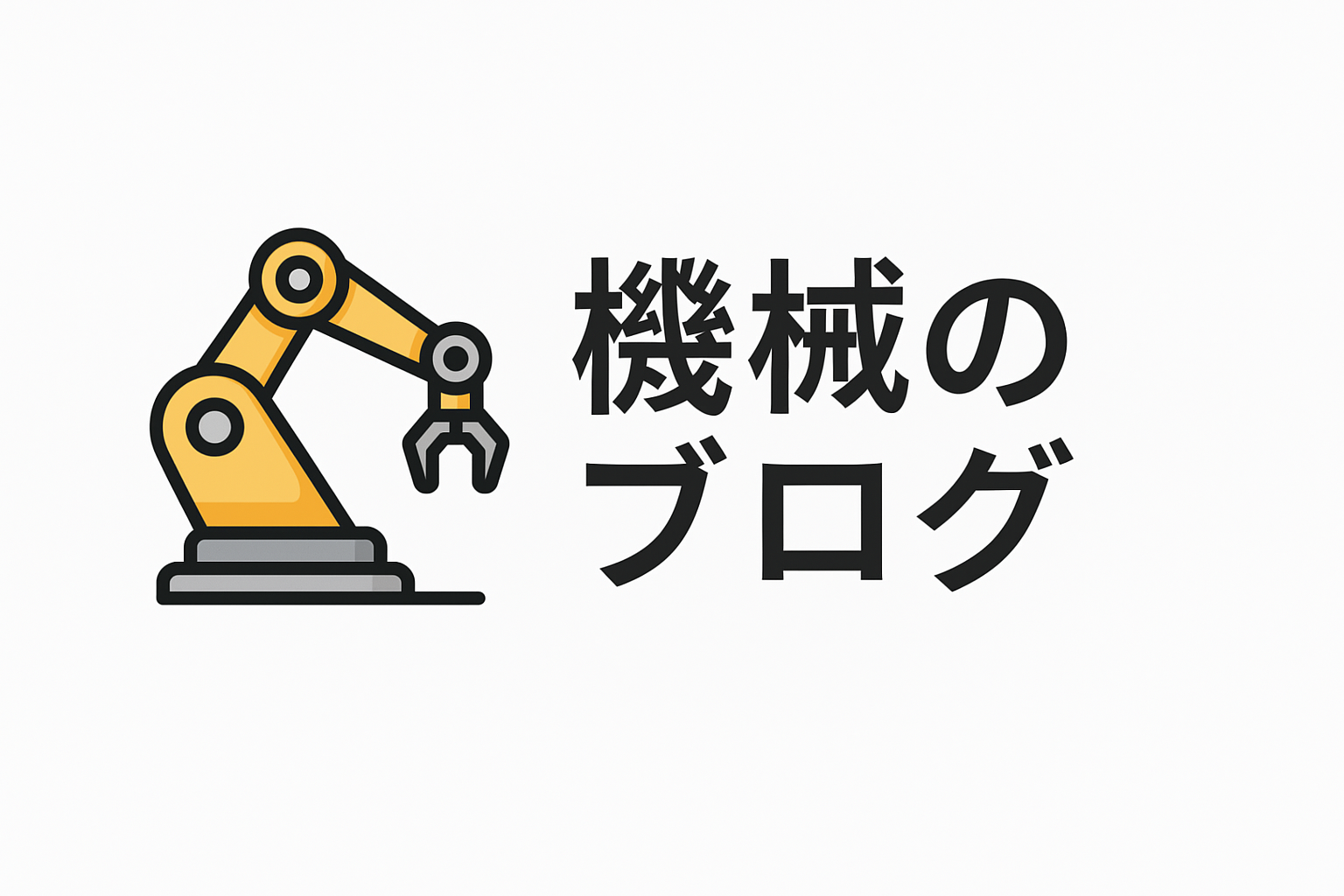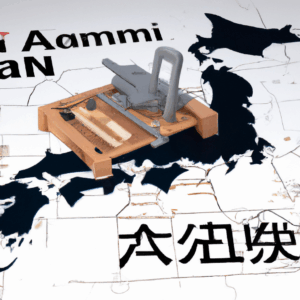AI Revolution: Shaping the Future of Manufacturing
The manufacturing industry stands on the cusp of a transformative era, driven by the relentless advancement of artificial intelligence (AI). As AI technology rapidly evolves, it is reshaping every facet of manufacturing, from design and production to supply chain management and quality control. This revolution promises not only enhanced efficiency and productivity but also opens up new avenues for innovation. This blog delves into how AI is revolutionizing manufacturing, exploring key areas where it is making significant impacts and what the future holds for this dynamic intersection of technology and industry.
1. Redefining Production Processes with AI
AI is fundamentally altering the way production processes are designed and executed. Automated systems powered by AI can learn and adapt to new scenarios, allowing for more flexible and efficient manufacturing operations. Predictive maintenance, for example, employs AI algorithms to anticipate equipment failures before they occur, minimizing downtime and reducing maintenance costs. By analyzing data from sensors and historical performance, AI systems can predict when a machine is likely to fail, prompting preemptive repairs.
Moreover, AI-driven robotics are becoming commonplace in manufacturing environments. These intelligent robots are capable of performing complex tasks with high precision and consistency. Unlike traditional robots, AI-enabled machines can learn from their environment and improve their performance over time, leading to increased productivity and reduced error rates. This adaptability is crucial in high-mix, low-volume production settings where flexibility is paramount.
2. Enhancing Quality Control and Assurance
Quality control is a critical aspect of manufacturing that directly impacts customer satisfaction and brand reputation. AI is enhancing quality assurance processes by enabling real-time monitoring and inspection. Vision systems integrated with AI technologies can inspect products at high speeds, identifying defects that might be missed by human inspectors.
These AI systems utilize machine learning algorithms to continuously improve their detection capabilities, ensuring that only products meeting stringent quality standards reach the customer. Furthermore, AI can analyze vast amounts of production data to identify patterns and correlations, providing insights into potential quality issues before they escalate. This proactive approach to quality management not only reduces waste but also enhances overall product reliability.
3. Optimizing Supply Chain Management
The supply chain is a complex network that requires precise coordination and management. AI is playing a pivotal role in optimizing supply chain operations by providing greater visibility and predictive capabilities. Through AI-powered analytics, manufacturers can forecast demand more accurately, adjust inventory levels in real-time, and optimize logistics to reduce costs and improve delivery times.
AI tools can also analyze external data, such as market trends and geopolitical events, to anticipate disruptions and devise contingency plans. This level of foresight allows manufacturers to maintain a resilient supply chain, capable of adapting to unforeseen challenges. Additionally, AI-driven supply chain management systems facilitate better supplier relationships by ensuring timely procurement and reducing lead times.
4. Driving Innovation through AI-Enabled Design
AI is not only enhancing existing manufacturing processes but also driving innovation in product design. AI algorithms can analyze vast datasets to identify emerging trends and consumer preferences, enabling designers to create products that meet evolving market demands. Generative design, a process where AI generates a multitude of design options based on specified criteria, is gaining traction in the industry.
This AI-driven approach allows designers to explore unconventional solutions that may not have been considered otherwise. By leveraging AI, manufacturers can reduce the time and cost associated with product development, accelerating the time-to-market for new innovations. This capability is particularly valuable in industries where rapid iteration and customization are critical to staying competitive.
5. Fostering a Collaborative Human-AI Workforce
As AI becomes more prevalent in manufacturing, the workforce is evolving to accommodate this technological shift. Far from replacing human workers, AI is fostering a collaborative environment where humans and machines work together to achieve greater outcomes. AI systems handle repetitive and data-intensive tasks, freeing up human workers to focus on more strategic and creative responsibilities.
This collaboration requires a new set of skills and a shift in workforce training. Manufacturers are investing in upskilling initiatives to equip their employees with the necessary expertise to work alongside AI technologies. This transition not only enhances job satisfaction but also ensures that the human element remains integral to manufacturing operations, driving innovation and maintaining a competitive edge.
Conclusion
The AI revolution is undeniably shaping the future of manufacturing, bringing about unprecedented changes and opportunities. From streamlining production processes and enhancing quality control to optimizing supply chain management and driving innovative design, AI is redefining the industry’s landscape. As manufacturers embrace these advancements, they must also navigate the challenges of integrating AI into their operations, ensuring that technology serves as a tool for empowerment rather than replacement.
In this rapidly evolving environment, the key to success lies in fostering a culture of continuous learning and adaptation. By harnessing the power of AI, manufacturers can not only enhance their operational efficiency and product quality but also unlock new possibilities for innovation and growth. The future of manufacturing is bright, and AI is at the forefront of this transformative journey.


